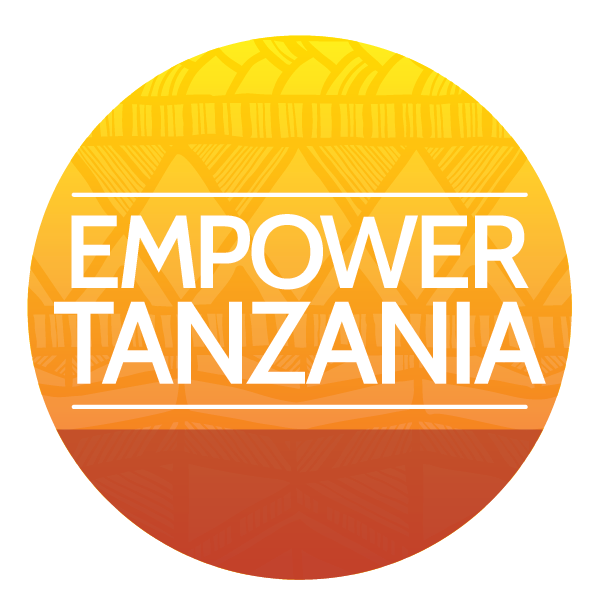Increasing English Proficiency in Secondary-School Bound Adolescents in Same, Tanzania
The Same Learning Center is up and running! This new Empower Tanzania education program aims to support local children and prepare them for success in secondary school. What follows is a primer on the program and it’s purpose:
THE PROBLEM: One of the keys to long-term growth in a developing country is the education of its children. Currently, 80–90% of school-age children attend primary school, one of the highest rates among developing countries. However, only 20% of these children attend secondary school, one of the lowest rates in the world. (Source: USAID and UNICEF.) A major cause of this decline is the English requirement.
In primary schools, education is in Swahili, the national language of Tanzania. ONE class is in English. However, in secondary school, ALL classes are in English. Because most primary school English teachers are not fluent in English, students are not prepared for the entrance examinations for secondary school or for participation in classes. At graduation from primary school, only 10% can read basic English. (Source: USAID.)
For wealthy families, an option is to send their children to private schools that have better qualified teachers, especially in English. However, tuition at these schools averages over $1,000 per year, an amount far beyond the ability of most families.
THE SOLUTION: Forty students from Same (pronounced Sah-may) will work with highly skilled English teachers and tutors to improve their reading skills in English. On Tuesday and Thursday evenings, children will work with staff on English and Kiswahili proficiency and efficient speaking and writing skills. On Saturdays, the emphasis will be on “life skills” and students will participate in daily living instruction such as animal husbandry, growing crops, and gardening. The teachers leading this program will speak English at least part of the time so that the children can get used to its expressions and rhythms.
THE GOAL: In the short term, ETI aims to increase the academic success of the underserved, impoverished students of government schools in the Same Region of Tanzania. In the long term, ETI aims to increase the number of students who pass the Form 4 Exam and to have economic support projects in place to support the Learning Center.
THE CHILDREN: There are currently 40 children (21 girls and 19 boys) participating in programming at the SLC. Students with academic promise were identified from area primary schools by their teachers.
THE STAFF: ETI has hired four new staff members in Tanzania to administer the program. Yoeza Mbonea Mnzava is the education programs director. Meshack Henry Mkongo is serving as a teacher, Riziki Joseph Kimbwereza is an assistant coordinator, and Mary Mrutu is secretary and assistant coordinator. Board President Todd Byerly provides support from the U.S.
